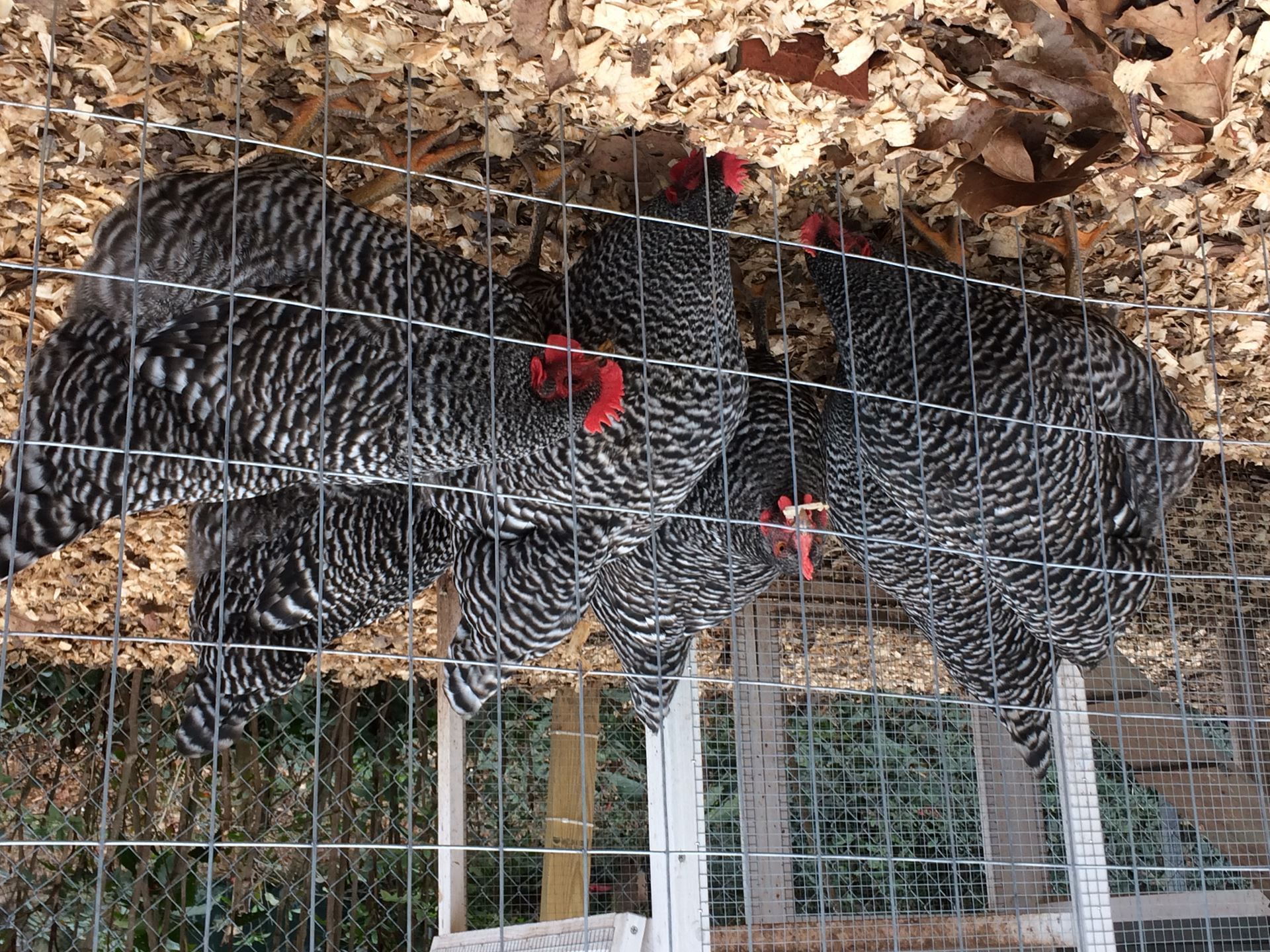.jpeg) School name: Georgia State University
School name: Georgia State University
Type of school: Large urban research university (50,000+ students)
School locale (including state and country): Atlanta, Georgia, USA
How many years have you taught psychology? 16 years at GSU and two years as a graduate student and teaching fellow
Classes you teach: Clinical Foundations: Psychotherapy (graduate course); Caste and Mental Health (undergraduate honors course); Abnormal Psychology (study abroad course)
Specialization (if applicable): Clinical
Average class size: 10-48 students
What’s the best advice about teaching you’ve ever received? Teaching boils down to relationships—we absorb ideas and take intellectual risks much more readily when we feel seen and cared about. Make a point of finding a way to connect—even briefly—with all students in ways that allow them to experience themselves as important, valuable, and capable contributors to the world.
What book or article has shaped your work as a psychology teacher? There are so many! I reread William Zinsser’s On Writing Well annually. I also hate seeing ideas presented as “new” when they are actually being recycled without credit to those who had developed them earlier, so I make a point of tracing ideas and concepts to their origins in the literature. This means that I have been deeply influenced by any number of dusty gems buried in our library stacks.
Briefly describe a favorite assignment or in-class activity. I like my students to connect with the world around them in ways that pique their curiosity and build their confidence. In my current class on “Caste and Mental Health”, after reading and discussing Isabel Wilkerson’s book Caste, students conducted video interviews with people from around the world (ranging from a journalist in India from the Dalit caste who has written eloquently about how caste has affected her mental health to psychologists working in different marginalized communities across the U.S.). They will present their findings in class, with a clinical-community psychologist whose work revolves around social justice serving as a virtual discussant.
What’s your workspace like? Intermittently pristine and chaotic—I find cleaning and organizing my space to be oddly soothing, so I let it get messy sometimes just for the pleasure of restoring it to order.
Three words that best describe your teaching style. Warm, animated, precise.
What is your teaching philosophy in 8 words or fewer? “Only connect!” (E.M. Forster, Howards End)
Tell us about a teaching disaster (or embarrassment) you’ve had and how you dealt with the situation. I have been lucky in that most of my embarrassing moments as a teacher have gone undetected. I think my worst moment was during a guest lecture at my daughter’s high school AP psychology class—I was excitedly talking about psychopathology and whipped out my Expo markers and started scribbling on the board. The entire room gasped, and 3 students ran up to rescue their brand-new smart board from me. Fortunately, they arrived in time and one student sacrificed his sleeve to save the day. Even more fortunately, the incident (and their amazement that I didn’t know what a smart board was) loosened up the group and we ended up having a much livelier and more engaged discussion than we might have otherwise.
What about teaching do you find most enjoyable? I love the opportunity it provides to connect with students who see the world through lenses that differ dramatically from my own. My university is large and richly diverse, which makes it a wonderful place to build relationships with people whose lived experiences differ dramatically from my own. This context makes teaching and learning much more reciprocal than they might otherwise be, enabling me, in some ways, to live out my ostensibly incompatible dreams of being both a professor and a professional college student.
 What is something your students would be surprised to learn about you? The two things that most often catch them off guard are that I have backyard chickens and that my path into clinical psychology was winding and indirect (I went from a major in English/German Literature to a year in Teach for America, which in turn led me to pursue a master’s degree in school psychology. An unexpected job at a children’s psychiatric hospital/research institute then sent me back to school in clinical psychology.).
What is something your students would be surprised to learn about you? The two things that most often catch them off guard are that I have backyard chickens and that my path into clinical psychology was winding and indirect (I went from a major in English/German Literature to a year in Teach for America, which in turn led me to pursue a master’s degree in school psychology. An unexpected job at a children’s psychiatric hospital/research institute then sent me back to school in clinical psychology.).
What are you currently reading for pleasure? I keep multiple books going at once—I always have 1-2 mysteries at my bedside (currently Louise Penny and Hillary Clinton’s State of Terror and Stacey Abrams’s While Justice Sleeps). I just got Richard Powers’s The Overstory from my neighborhood little book library and am looking forward to starting it too. When I need something funny, I turn to Allie Brosh, whose Hyperbole and a Half makes me laugh until I hurt.
What tech tool could you not live without? My Fitbit. Although it doesn’t relate directly to my teaching, the indirect effects of exercising infinitely more than I might without a constant stream of data to digest have been notable. It has also been a surprising source of connection to my colleagues throughout the pandemic—since we were unable for so long to meet in person, we started setting up “walk n’ talk” meetings where we chatted on the phone, upped our step counts, and competed in challenges. These have continued and have been a lovely addition to my working life.
